Ashok Leyland, the flagship of the Hinduja Group, the 2nd largest commercial vehicle manufacturer in India, 4th largest manufacturer of buses and 12th of trucks in the world, began its journey in 1948 not with heavy vehicles but with Austin cars. During these seven decades, the company has become a leader among the heavy vehicle manufacturers in the world. It does not assemble or make any car.
About this growth Vinod K Dasari, Managing Director of Ashok Leyland said, “Over the last seven decades, the company has grown exponentially. The company has achieved many patents for its innovations. Five years ago, our market cap was Rs 3000 crore. A few months ago, it was 45,000 crore. Recently, we got listed in the Forbes Fabulous 50.”
Dheeraj G Hinduja, Chairman, Ashok Leyland said, “Our customers believe in us and they believe in our brand. It is not just about winning, but also about giving. With our CSR activities, we take care of the health, nutrition, education of more than 20000 students. This numbers will increase soon.”
It was the fledgling years of independent India. The then Prime Minister Pandit Nehru was inspiring, prodding and provoking Indian entrepreneurs to invest and make in India to build a powerful nation. The response of Raghunandan Saran, a freedom fighter from Punjab, to this nationalist clarion call was Ashok Motors, incorporated in Chennai (then Madras) on September 7, 1948, as a company to assemble and manufacture Austin cars from England. Ashok was the name of the founder’s only son. Ashok Motors had its head office on Rajaji Salai, it is still there. The factory was farther North at Ennore, a fishing hamlet. The company assembled and distributed Austin A40 cars.
Realising the importance and necessity of commercial vehicles, rather than passenger cars, in a growing economy, Saran began discussion with Leyland Motors of England, a renowned heavy vehicles manufacturer, for investment and technology partnership. Though he did not live to see its fruition, Ashok Leyland was incorporated in 1954 to manufacture commercial vehicles in India.
Comet
Ashok leyland’s `Comet’, a powerful, rugged and fuel efficient truck became an instant hit in the nascent Indian market. By the end of 1955 a thousand units were sold, with only 252 employees on board. In 1963 Comet buses, by building a passenger body on a truck chassis, were introduced. Ashok Leyland brought to India for the first time full air brakes, the most advanced braking system in the world then.
When Ashok Leyland manufactured its first 7.5 tonne payload Comet in 1954 it anticipated the growth of higher tonneage vehicles in the future. As per its prediction the industry moved up and it built its first 10-30 tonne Ashok Leyland Beaver/Hippo range in 1966.
In 1967 the company celebrated two decades of its operations with Titan double-decker buses. Power-steering for commercial vehicles, an industry first in India, was introduced in 1969. And in 1970 Ashok Leyland expanded its manufacturing for the Armed forces, which began with the design and delivery of 6×4 Hippo Tipper. By 1973, production had touched 10,000 vehicles: a ten-fold increase from the beginning. In 1974 the turnover of the company crossed Rs 100 crore.
The collaboration with the British Leyland ended in 1975. But the holding of British Leyland, continued until the 1980s. With the changes in management structure, the company launched various vehicles. Many of them, with several upgrades, continue even now.
Viking and Cheetah range
Viking, one of the most elegant products the company has ever produced and the first Indian bus with an alternator and a unique front overhanging that facilitated front entry, was launched. It was followed in 1978 by the Cheetah, India’s first rear-engine bus.
In 1980, Ashok Leyland expanded by setting up Hosur 1, the second manufacturing plant. It complemented Ennore, but remained independent ensuring seamless production in a fluctuating marketplace.
With additional production power through Hosur 1, the company began to surge ahead with many more industry firsts. Ashok Tusker, Taurus and vestibule bus for urban travel were the products of the early 1980s. In 1982 March the Bhandara plant for gear box assembly and in August that year the Alwar unit for passenger chassis were opened.
Hinduja flagship
In 1987, the overseas holding by Land Rover Leyland International Holdings Limited (LRLIH) was taken over by a joint venture between the Hinduja Group, and IVECO, part of the Fiat Group. In 2007, the Hinduja Group bought out IVECO’s indirect stake in Ashok Leyland and made it the group’s flagship.
Recalling those days Gopichand P Hinduja, Chairman and Co-Chairman, Hinduja Group, said, “Before the takeover, many were worried that when an NRI comes in there will be issues. Workers said that Hindujas are not industrialists and they do not know how to run industries. The meeting with Ram Sani and Manpreet Soni, who was secretary then, assured me that there was a lot of potential in the company but it needed full support for transformation. We were away from India since 1919 and we felt it was the best way to return to India. After the takeover, many came in and took the company forward. I could not have thought about the growth before 31 years when we took over it. I want this company to be unique, not just in India but across the globe. Money alone cannot do it. It is the team and talent that is required to be successful.”
The fifth unit of Ashok Leyland was set up at Vellivoyalchavadi (VVC) in the outskirts of North Chennai near Minjur in 1990. As a state-of-the-art product development facility, it became the birth place of many industry-changing designs. Another new venture by Ashok Leyland was the Driver Training Institute set up in 1995 in Namakkal, Tamil Nadu, benefitting the aspiring drivers, and fleet owners who were in need of quality drivers.
Army vehicles
Ashok Leyland’s expansion continued with the setting up of Hosur 2 in 1996, the company’s most versatile plant with a dedicated line to manufacture Army vehicles. The Stallions from Ashok Leyland forms the largest fleet of logistics vehicle to the Indian Army. In 1998 the company celebrated its Golden Jubilee.
In 2002 Ashok Leyland produced India’s first Hybrid Electric Bus developed in partnership with the Department of Scientific & Industrial Research (DSIR), and the Electronics Research & Development Centre, Trivandrum, of the Ministry of Information Technology.
India’s first bus to cross the Indo-Pak border at Wagah in 2005 was an Ashok Leyland Stag. The corporate philosophy of Ashok Leyland, ‘Aapki Jeet. Hamari Jeet’, aptly denoted the relationship between the people of the two countries.
Ras Al Khaimah facility
In 2006 Ashok Leyland began its global expansion by setting up an assembly unit in Ras Al Khaimah, the only commercial vehicle manufacturer to have such a plant in UAE. It was expanded into a full-fledged plant in 2010. The same year the company set up its plant in Pantnagar with ultra-modern infrastructure and processes.
In the following years Ashok Leyland made many innovative introductions like the world’s first front engine, fully flat floor bus and India’s first 37-tonne haulage truck with the highest payload in 2012, India’s first Euro 6 compliant truck and India’s first rollover compliant school bus, Sunshine, with i-alert in 2016. Ashok Leyland was the World’s first truck and bus player to receive the Deming Prize in 2016.
Path-breaking Partnerships
Ashok Leyland entered into collaboration with the Japanese company Hino Motors in 1986 to source technology for the H-series engines. Many indigenous versions of the H-series engine were developed with 4 and 6-cylinders conforming to BS2, BS3 & BS4 emission standards in India. They are still popular mainly for their fuel efficiency. The collaboration was renewed in November 2017. Ashok Leyland uses Hino’s engine technology for its EURO-VI development and will support in the development of Hino’s engine parts purchasing in India for global operation.
In 1994 Ashok Leyland began to produce Cargo trucks at Hosur 1 with IVECO technology. These vehicles used Iveco engines and for the first time had factory-fitted cabs. Though the Cargo trucks are no longer in production and the use of Iveco engine was discontinued, the cab continues to be used on the Ecomet range of trucks as well as for several of Ashok Leyland’s military vehicles.
The Cargo was originally introduced in 7 and 9 long tonne (7,100 and 9,100 kg) versions; later, heavier-duty models from 15 to 26 long tonne (15,200 to 26,400 kg) were progressively introduced.
Project Neptune
By 2005-06, Ashok Leyland had tremendous experience in building vehicles that were durable, and a culture that encouraged innovation. There were talks about creating an in-house engine. R. Seshasayee, former Managing Director, asked M. Nataraj, former Head of Product Development, to launch the ‘2020 Project’, with the dream to create an in-house engine. It wasn’t just about an engine, but the heart of a vehicle. The project had to start from scratch. Drawings were made, suppliers selected and market inputs sought.
It was not an easy job since this was over and above the work that was already being done at the company. Consultants were hard to come by, yet instinct was relied upon as were several trials by error. Every roadblock encouraged Ashok Leyland to push harder to make the ‘make in India’ idea succeed, that, too, by international standards.
A particular challenge was Ashok Leyland’s insistence that the traditional engine designs be modified to suit Indian conditions. International consultants worked very hard and made multiple options availablel. Finally, the outcome was to everyone’s satisfaction. ‘Neptune’ was created! The Programme Manager, Murali, who had toiled day and night with his team to create a world class product was overjoyed.
Partnering in one another’s success was not just about engine modification but about valuable knowledge for the engineering community on how to deal with huge temperature ranges and yet ensure durability. This would never have happened if it weren’t for the whole-hearted efforts of everyone who partnered in Ashok Leyland’s success and a collective dream of an engine made in India.
Customers of ‘Neptune’ are very impressed, especially since it has been tested for 1 million kilometers, when the norm is 500,000 kilometers. Today, it is ready for export to the US.
iEGR technology
In 2017, when the Indian automotive industry moved to BS-IV all the truck companies opted for SCR (Selective Catalytic Reduction) technology, Ashok Leyland innovated, the iEGR (intelligent exhaust gas recirculation) technology for BS-IV engines. Globally, there are 2 technologies that are used to bring the emissions to BS-IV levels, SCR and EGR. The SCR system reduces emissions by injecting urea mixed with water into the exhaust stream of the diesel engine. The DEF (Diesel engine fluid that is a mixture of urea and water) combines with NOx to form harmless nitrogen and water vapor.
Generally SCR is used in high- performance motors and offers better efficiency under certain conditions. However, with DEF, the total cost of energy goes up. Sourcing Urea for SCR too is difficult as it has been subsidized for agricultural purposes only. The SCR technique has a more complex exhaust treatment system than EGR with sensors, gauges and pump modules. In 2010, Ashok Leyland introduced SCR- compatible trucks in specific markets. However, it wasn’t viable to be introduced all over India due to the multiple challenges such as sourcing of Urea, additional weight of the system compromising performance, inconsistent performance, and higher overall costs.
Ashok Leyland’s iEGR, developed by over 200 engineers in three and half years, combines the benefits of regular EGR along with that of common rail system. The iEGR system is capable of meeting BS-IV emissions for motors over 130PS to up to 400PS. Additionally, the fuel efficiency has been increased by 10 per cent compared to that of the company’s BS-III trucks with the help in-cylinder combustion management. The entire range of Ashok Leyland engines come equipped with iEGR technology. More than 1 lakh trucks were sold in less than a year.
Ashok Leyland Defence Systems (ALDS), has signed an agreement with Russia’s Rosoboronexport and ELCOM Group for cooperation agreement in defence business in August 2017 to provide tracked vehicles to Indian Armed Forces.
Ashok Leyland formed an alliance with SUN Mobility on July 18, 2017 to develop electric vehicles. A month later, the company signed a Memorandum of Understanding (MoU) with the Indian Institute of Technology Madras to carry out research and development activities for strengthening battery engineering and related sub-parts, especially for electric vehicles.
The slogan ‘Aapki Jeet. Hamari Jeet’ articulated everything that had contributed to the growth of the company. It showed the world that the company believed that it was successful because all its stakeholders were successful. Some strategic changes were introduced to make this more meaningful and emphatic. Instead of asking the customers to pay up front before delivering the vehicle, they were asked for payment only on delivery. Warranty schemes were aligned; the frontline was empowered to make decisions and execute them: a customer no longer needs to wait endlessly because a part cost too much and the head office had to make the decision. A tatkal scheme was introduced wherein if a vehicle broke down, Ashok Leyland promised to get to it in 4 hours and get it running within the next 48 hours. If not, it would pay a penalty of Rs 1,000 for every day of delay. A call centre was started so that no customer calls went unanswered.
Ashok Leyland works closely with franchisees and dealers, and also with financiers. From transactional relationships, the company has moved to annual contracts and partnerships. Cabin repair centres have been started so that in the case of an accident, Ashok Leyland actively works to minimize expenses by salvaging and rebuilding all that is possible. This makes even the insurance companies enthusiastic to work with the company.
In this 70-year journey, Ashok Leyland has re-invented its entire product line up with keeping customers in mind and continuing to invest in technology to be in the forefront.




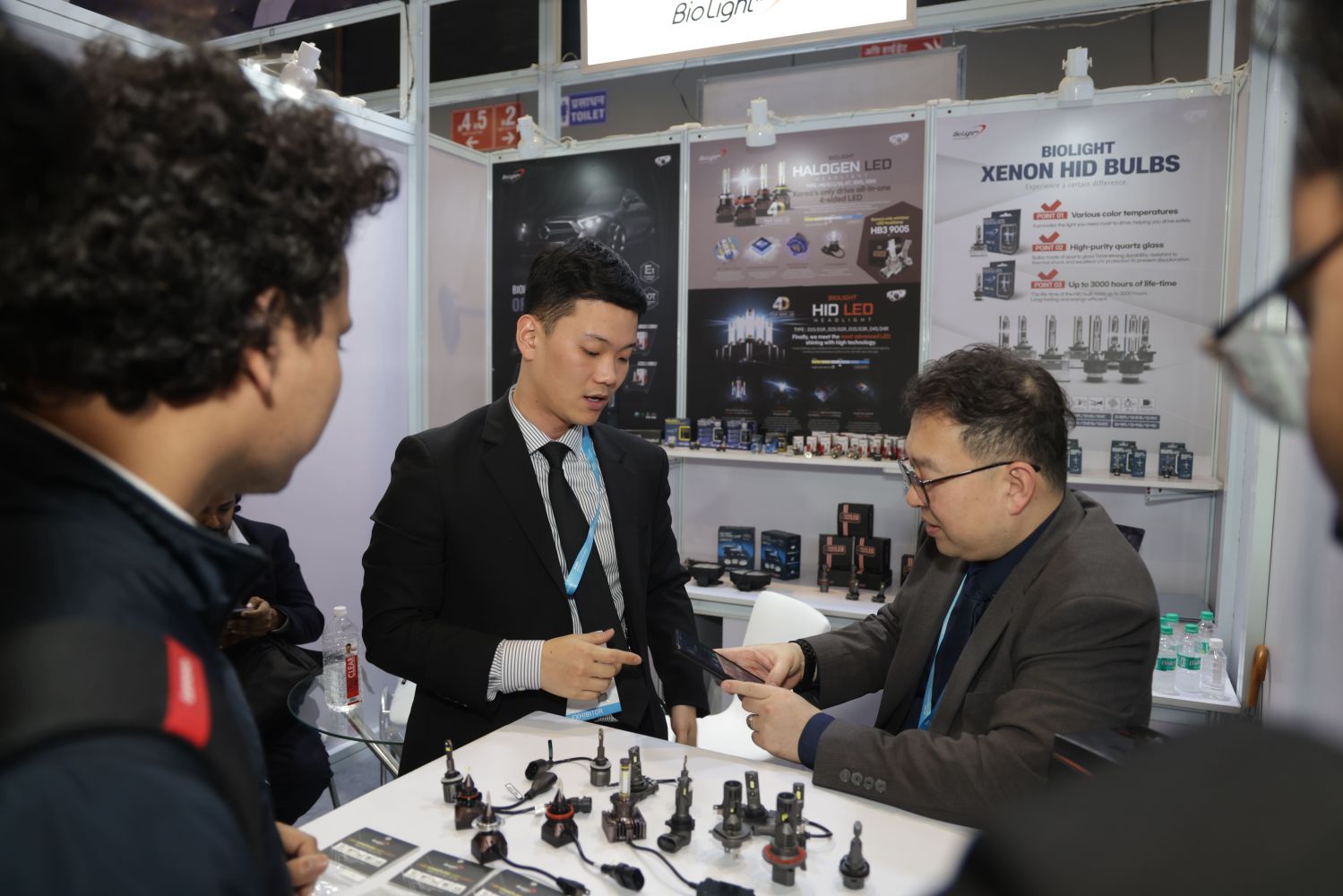
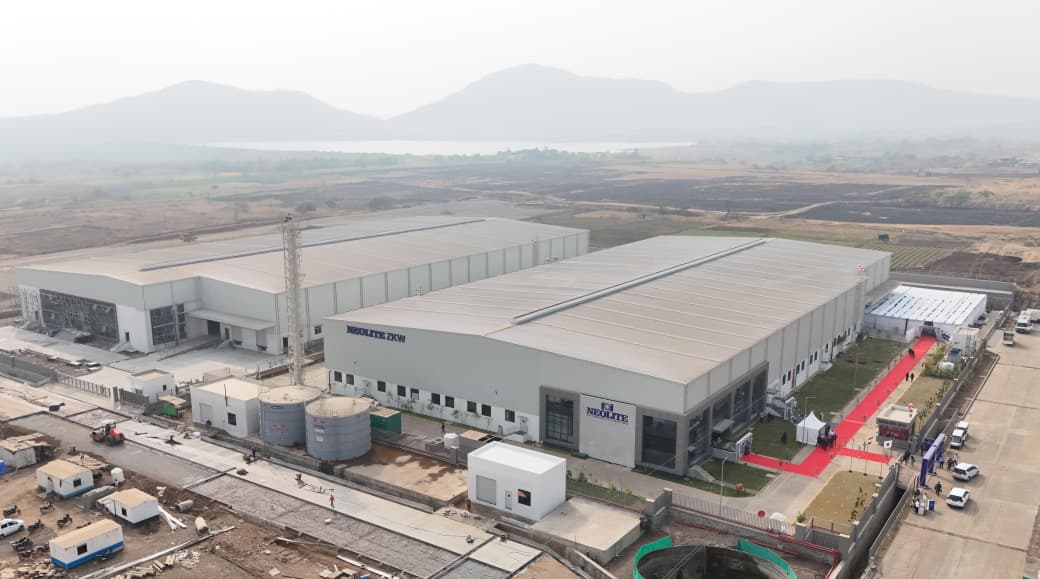
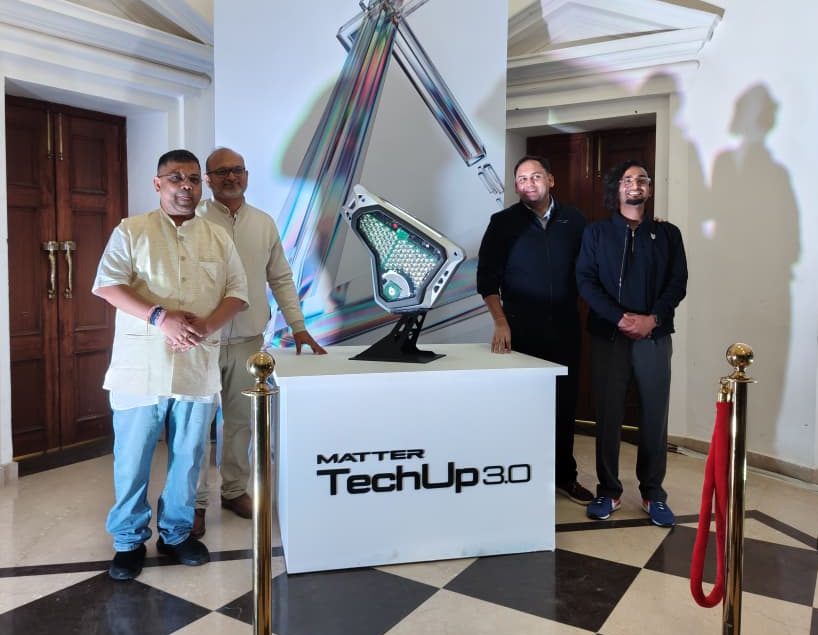
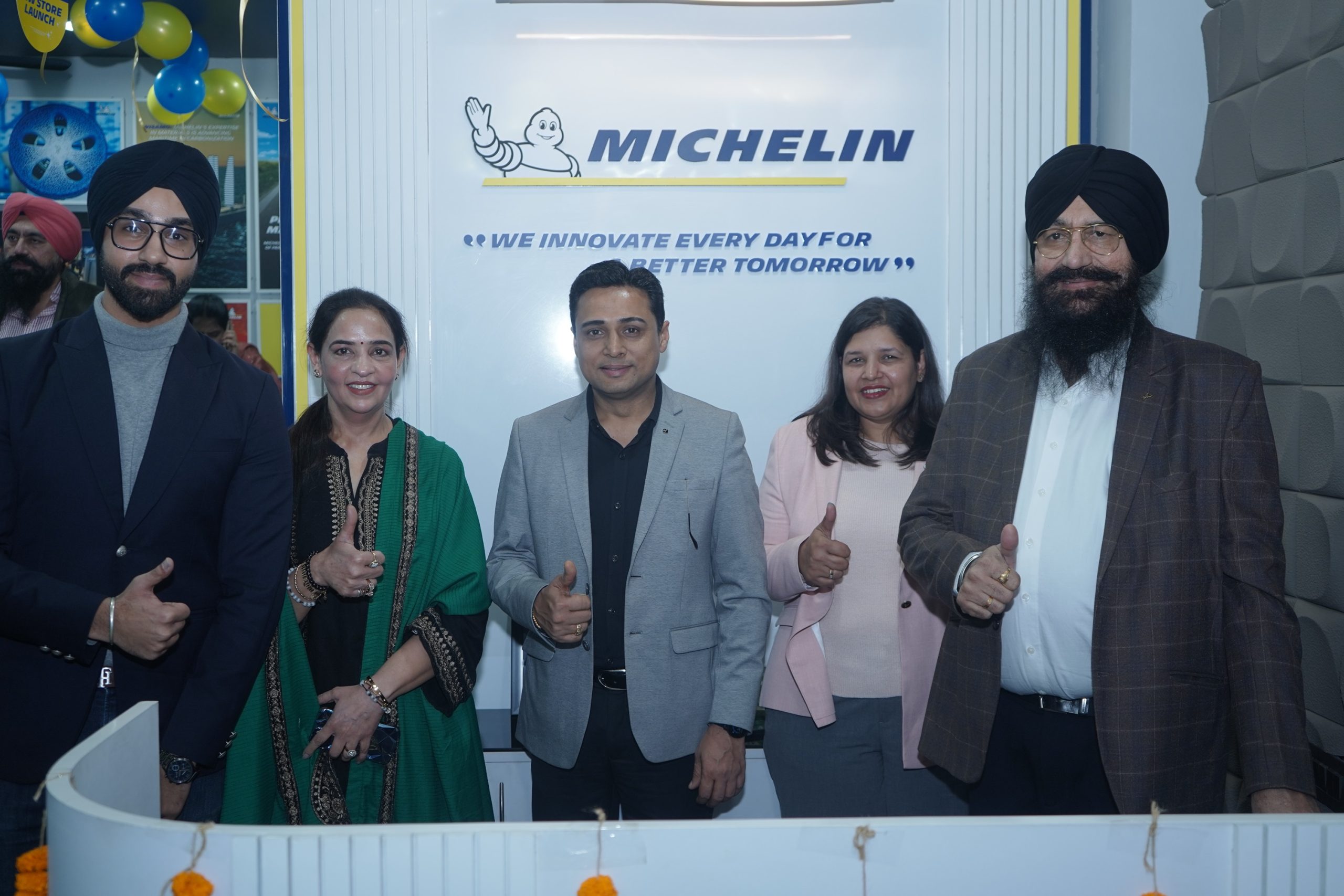
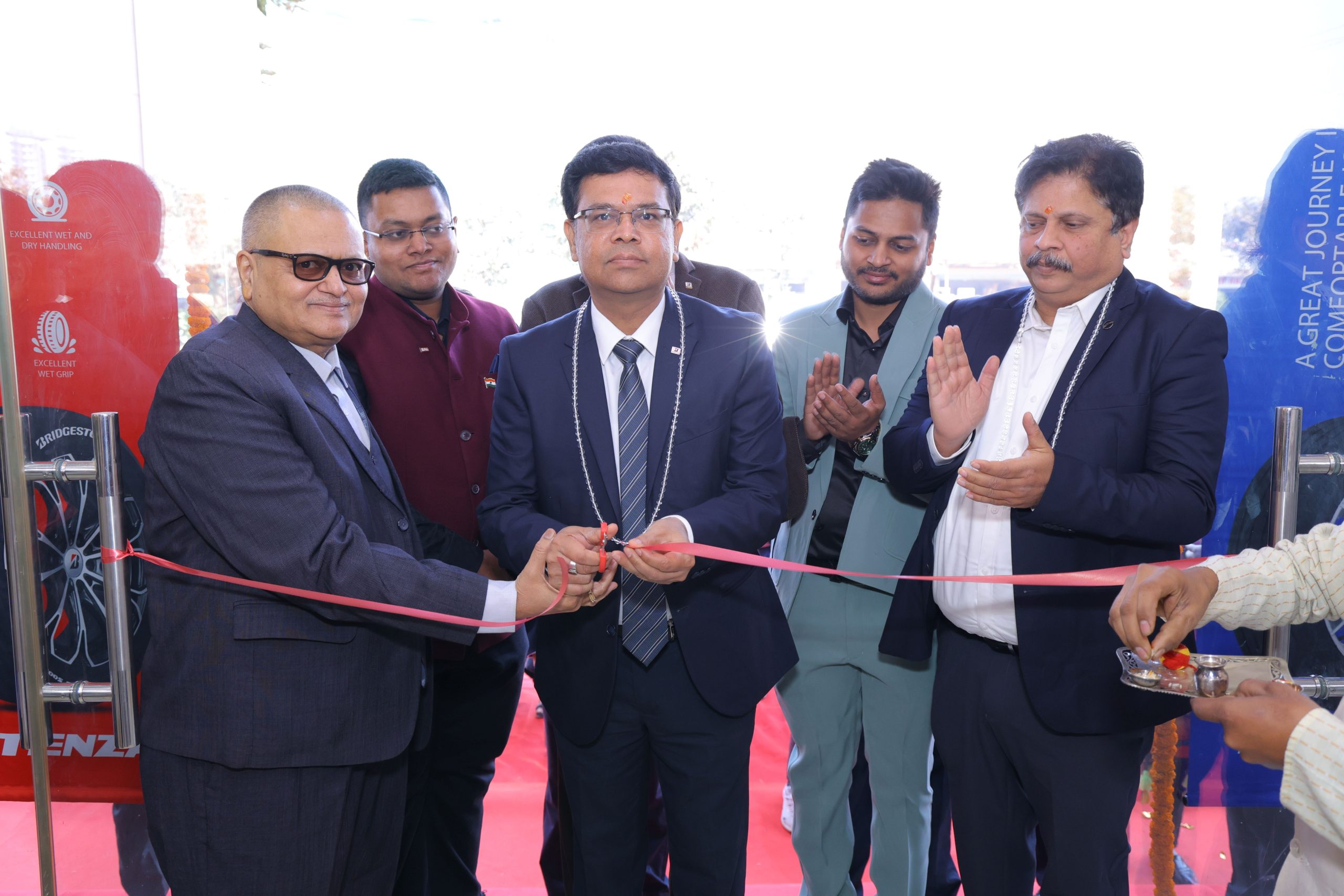
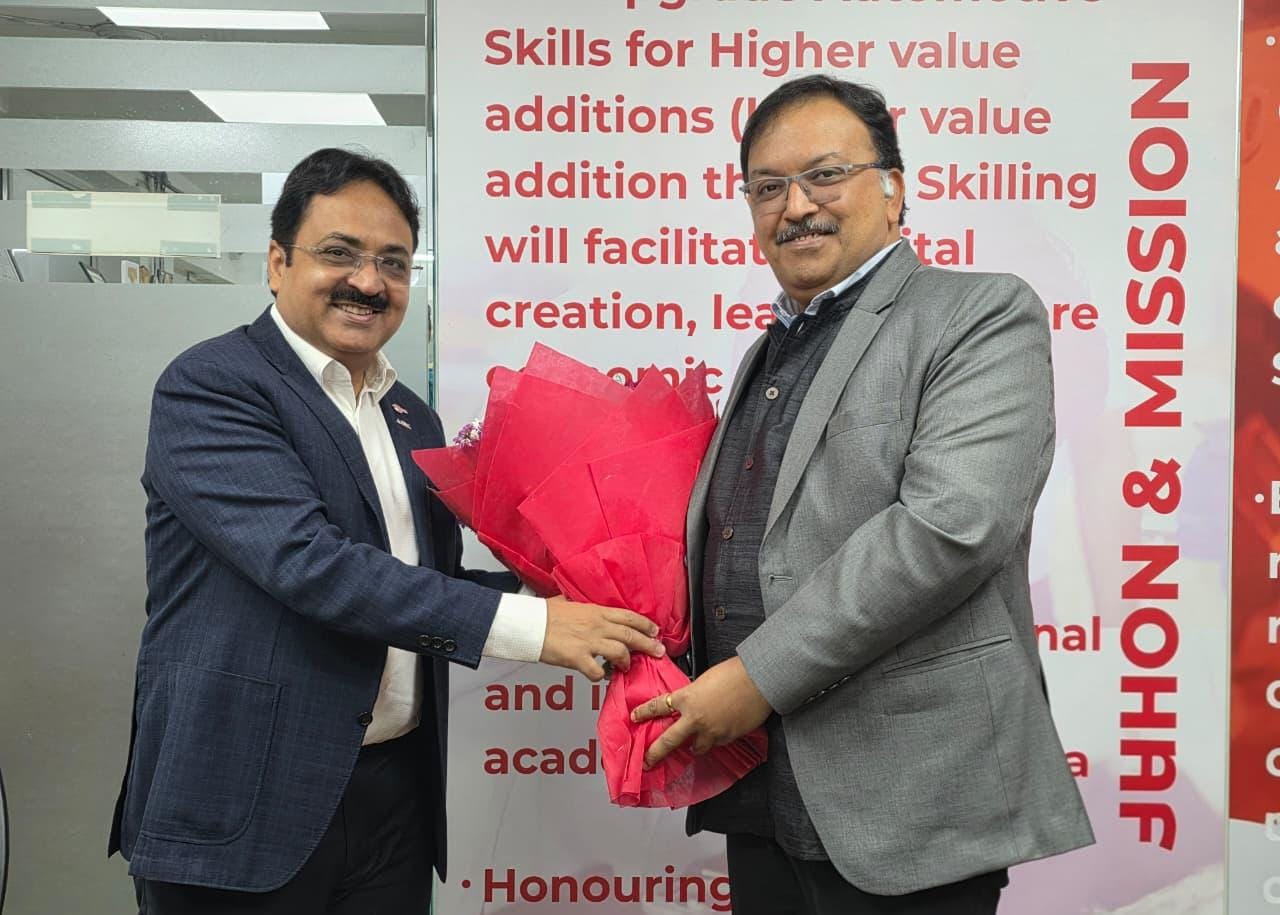



Leave a Reply